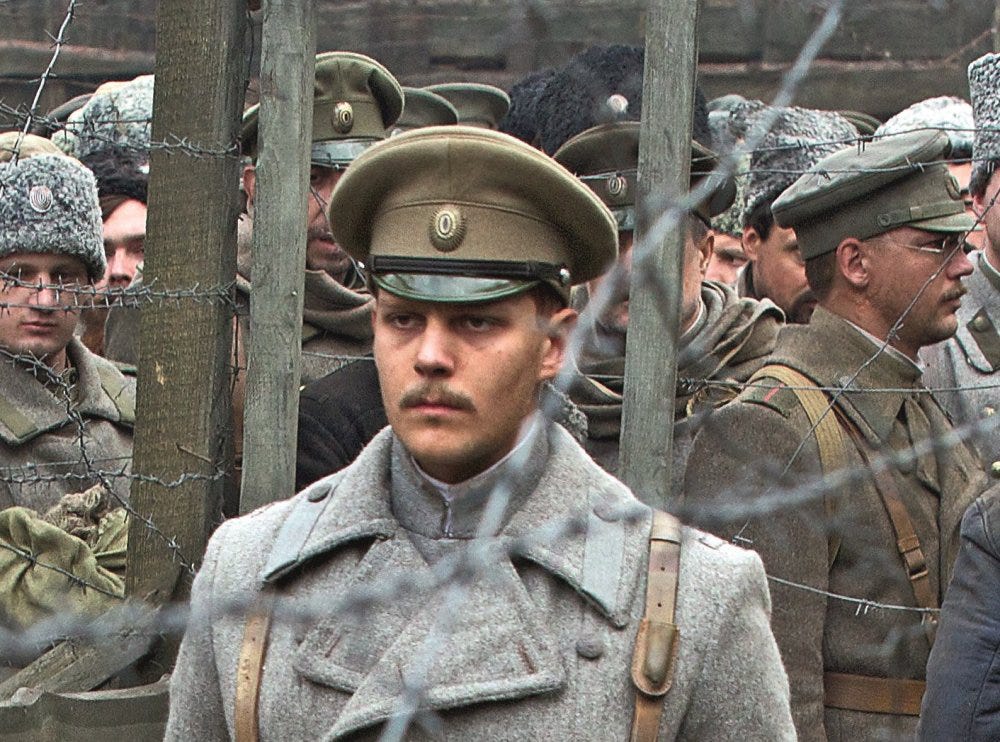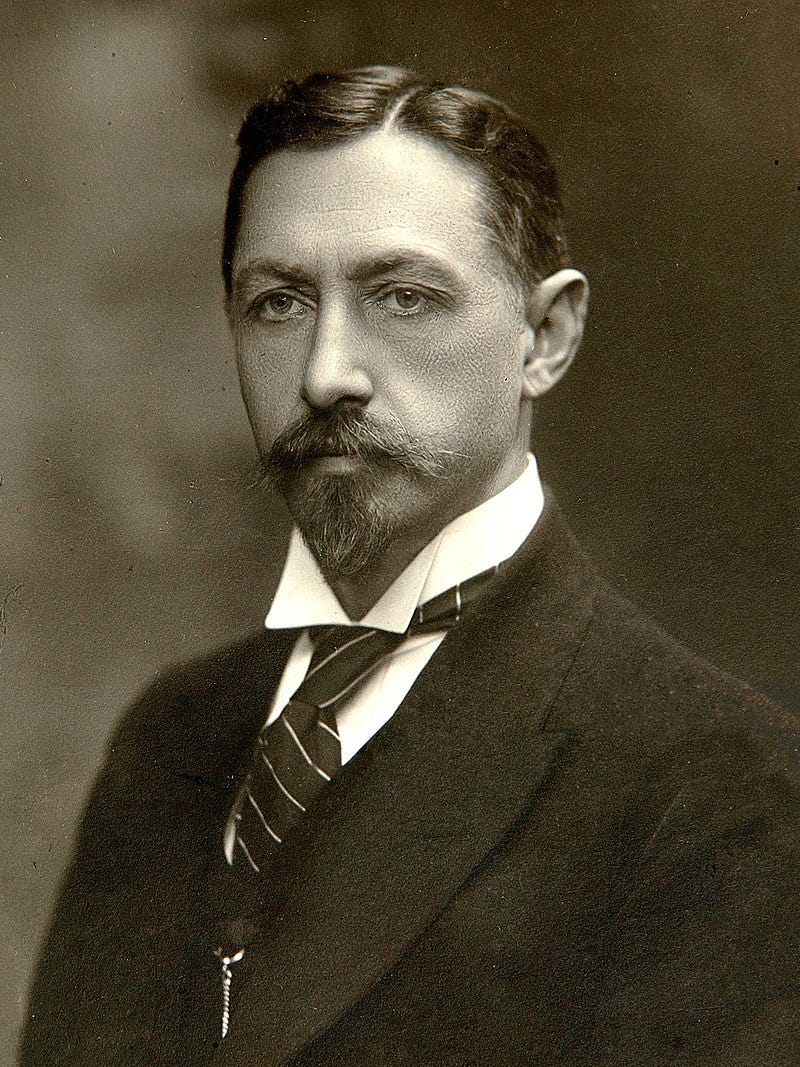Ivan Bunin, Russian, Nobel Prize
Censored in USSR until 1988; Ignored in U.S.

Ivan Bunin won the Nobel Prize for Literature in 1933.1 Bunin’s works consisted of poetry, prose and translations. He was known for short novels The Village (1910) and Dry Valley (1912), the autobiographical novel, The Life of Arseniev (1933, 1939), short stories in the collection, Dark Avenues (1946) and his 1917–1918 diary (Cursed Days, 1926).
Bunin was revered among anti-communist white emigres and European critics. He was viewed as heir to the tradition of realism in Russian literature established by Tolstoy and Chekhov.
However Bunin is little known in the English-speaking world.
America was one of the Western countries that, especially in the 1930s, led the way in overpoliticizing the status of Russian authors writing outside of the Soviet Union and in exercising what Simon Karlinsky has called our own "self censorship"-that "mixture of hostility and studied indifference" with which non-Soviet Russian literature was often regarded.
His politics did not fit the narrative.2
Cursed Days is a memoir of the revolution and civil war. Its scathing condemnation of the Bolsheviks and the Revolution, was banned until Perestroika, and came out only in 1988 with some amendments demanded by the censor. The full text was published only in 1990.3
Cursed Days and captures the political uncertainties of the period. There are constant concerns about negotiations with Germany and the end of Russia's involvement in WWI; news and rumors of the interventionist forces in Russia; and descriptions of the changing political balance among Cossacks, Bolsheviks and Monarchists. Bunin presents a collage of images, which describe the demise of tsarist Russia.4
In 2014 the Russian film, Sunstroke, based on Cursed Days was released and was the Russian entry for the Best Foreign Language Film at the 88th Academy Awards.
Ivan Alekseyevich Bunin. The Nobel Prize in Literature 1933. (Born: 22 October 1870, Voronezh, Russia; Died: 8 November 1953, Paris, France.
Bethea, David M. “1944-1953: Ivan Bunin and the Time of Troubles in Russian Emigre Literature.” Slavic Review 43, no. 1 (1984): 1–16.
Morse, David. “‘Enemies of the People’: Poetry and Politics in the Time of Stalin.” Social Education 65, no. 4 (2001).
White, Frederick H. (2000) review of, Bunin Ivan, trans.Thomas Gaiton Marullo. “Cursed Days: A Diary of Revolution.” The Slavic and East European Journal.



This is not surprising in a country where the weather forecast was considered classified.
Perhaps someday we will learn to look at art in its own terms and not decide beforehand whether it is produced by the "good guys" or the "bad guys". If it is art, it's probably too complicated to fit into such narrow categories and we miss a lot by deciding beforehand how we are going to see it.